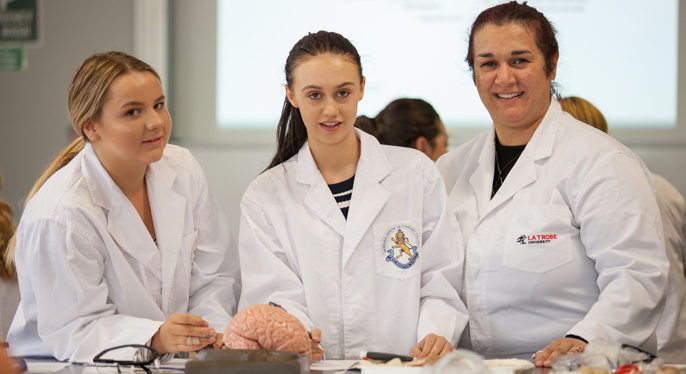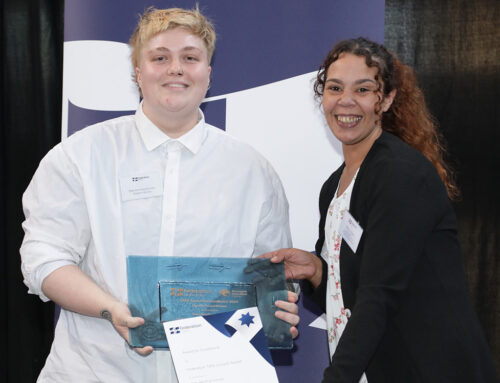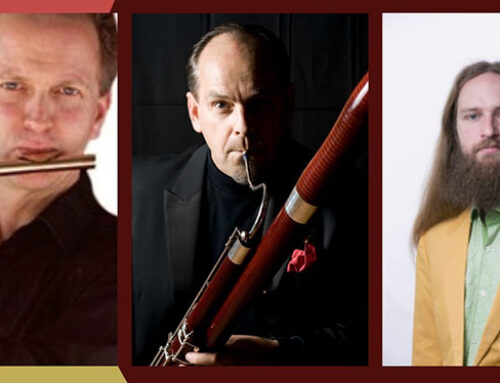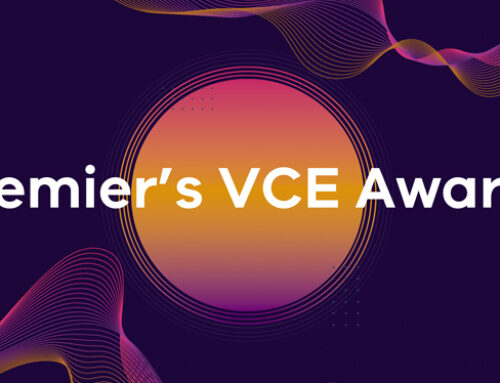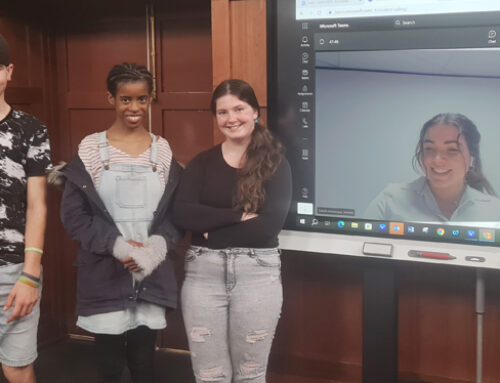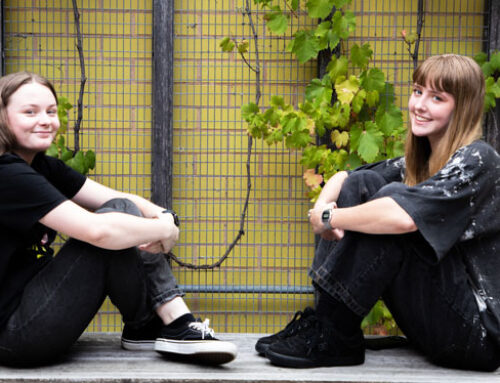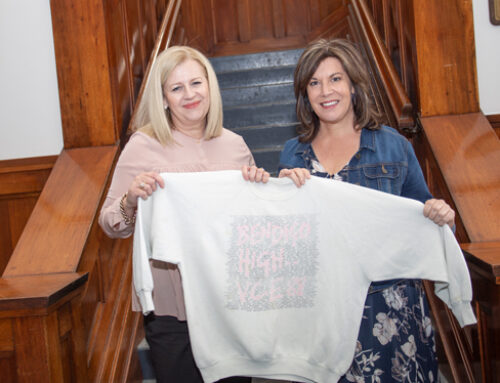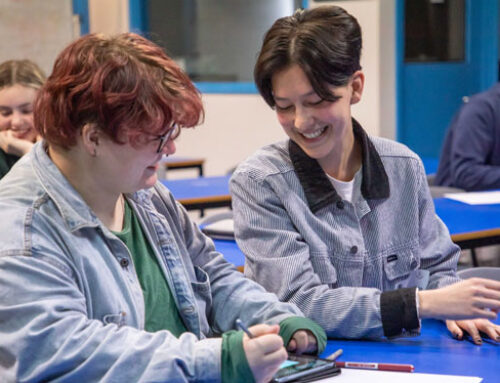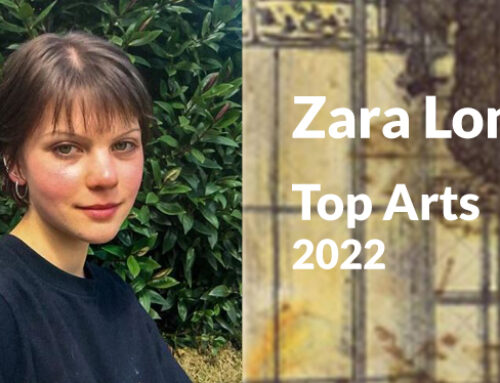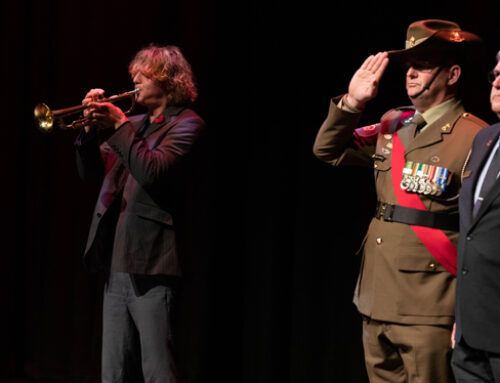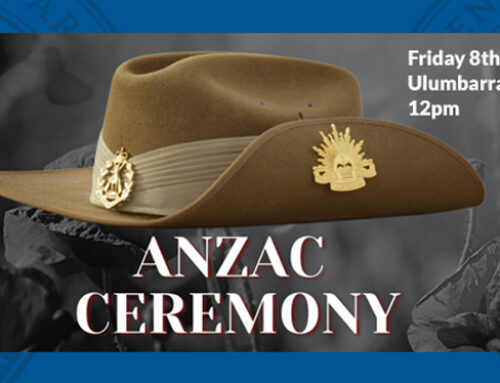Tackling the ‘hideous monster’
Sara Al-Rawi considers science’s greatest task to be “developing real treatments for cancer—treatments that do not hurt the rest of the body as they directly impact cancer cells.” Her areas of research have already contributed to the body of knowledge that is seeking a different way to approach what she terms “a hideous monster.”
Born in Mosul, Iraq—before it was a nightly news focus—Sara was five when she and her family left their hometown on one of the last buses out before Saddam Hussein invaded Kuwait. Since then she has lived in Yemen, Libya and England.
Sara attended BSSC in 2002 and 2003 and credits friend and fellow-student, Elysia Nener, who included Sara in her group of friends, with helping her to master the English language. “I recall sitting in the corner opposite to the library having lunch with my friends and I actually took a photo there the last day of school as I wanted a memory of our “hanging out” spot.”
“I really liked the fact that there was essentially no role call taken. It taught us to be responsible for our learning. Basically your presence in classes was due to the fact that you wanted to be there. So, although you don’t necessarily realise it at the time, everything you learn is useful.”
Sara graduated from BSSC in 2003 with a scholarship for Biomedical Science at RMIT. “I feel terrible that I can’t remember the name of the science teacher who helped me to fill out my scholarship application for RMIT, and personally sent it across to university 3 days before the application closing date. I am not sure if I would be doing what I am without that scholarship. So, even though I am horrible with names, I know have him to thank!”
On completing her undergraduate course, Sara was accepted into an Honours program—researching the effect of gold nanoparticles on cancer cells when exposed to radiation. She then joined a project with Dr Richard Guy setting up an ‘eAtlas’ to ensure the quality of dissection specimens for science students, especially regional students, so they can more easily access cadaveric material—real tissue—rather than just using plastic models.”
In 2010, Sara moved to the UK. “My older sister had been diagnosed with cancer and the prognosis was not good.” Alongside helping her sister’s family, Sara worked as an administrator.
“The job had nothing to do with science, but I loved it and worked really hard. I actually don’t believe in doing anything half-hearted.”
However, the impact of this prolonged and close encounter with cancer was immense—cancer was no longer something encountered at the emotional distance of laboratory experiments.
“When I returned to Australia I began a Master’s Degree experimenting with compounds that impact on the spread of solid tumours.”
These days Sara is a PhD student at the Bendigo Campus of La Trobe University and is using similar processes to seek radical new treatments for heart and lung disease.
In 2014 Sara’s first research paper, ‘Novel benzoxazines as inhibitors of angiogenesis’ was published. Her co-authors were Terri Meehan-Andrews, Chris Bradley and her father, Jasim Al-Rawi, who is an eminent research scientist in this field.
Sara’s career goal is to be a university lecturer, because, she said; “I want to teach and communicate with students and see that look of puzzlement disappear from their faces.”
Story by Jennie Mellberg

